- Manufacturers
- ITT Goulds Pumps
- Goulds Water Technology
- Liberty Process Pumps & Parts
- Liquiflo Chemical Pumps
- Mouvex Pump
- Neptune Metering Pumps
- PPC Mechanical Seals
- Rosedale Filters and Strainers
- Seepex Progressive Cavity Pumps
- Trillium Flow – Wemco & RotoJet
- Vaughan Chopper Solids Pumps
- Viking Pump
- Wilden Pumps – Air Operated Diaghragm
- Products
- Parts & Service
- Service-Repair-Parts
- Industrial Pump Parts – MN, ND, SD, WI
- Viking Pump Parts | Pump Repair Kits
- Why Buy Genuine OEM ITT Goulds Pump Parts
- Is Longer Pump Life Possible?
- Do you Really Need to Replace your Pump?
- Wilden AODD Pump Comparisons to Aro-Yamada-Graco-Versamatic-Sandpiper-Murzan
- Eliminate Leaky Pumps with Viking Pump O-Pro Seals
- Liquiflo Pump Repair Kits
- Need Replacement Progressive Cavity Pump Parts?
- Liberty Process Pumps & Parts
- Articles
- About Us
- CONTACT US


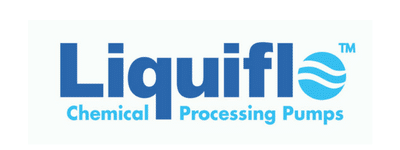
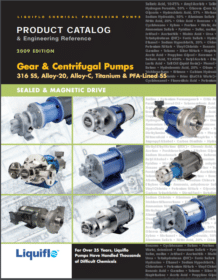
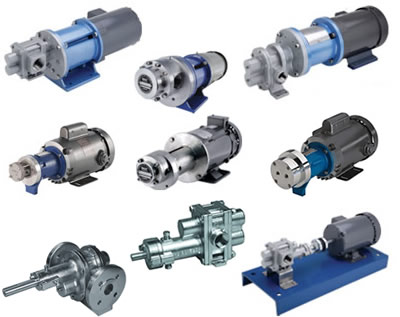
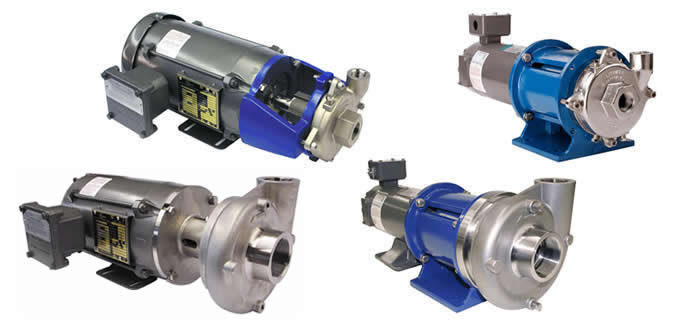
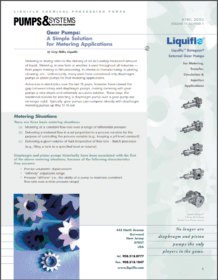
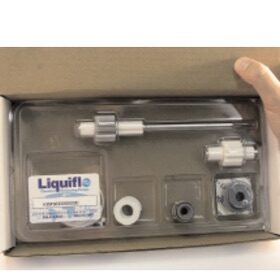
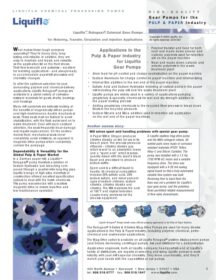
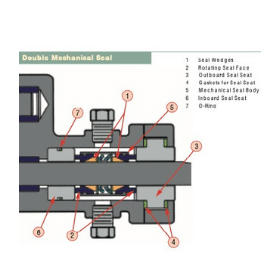 Liquiflo Pumps come in many different seal configurations.
Liquiflo Pumps come in many different seal configurations.